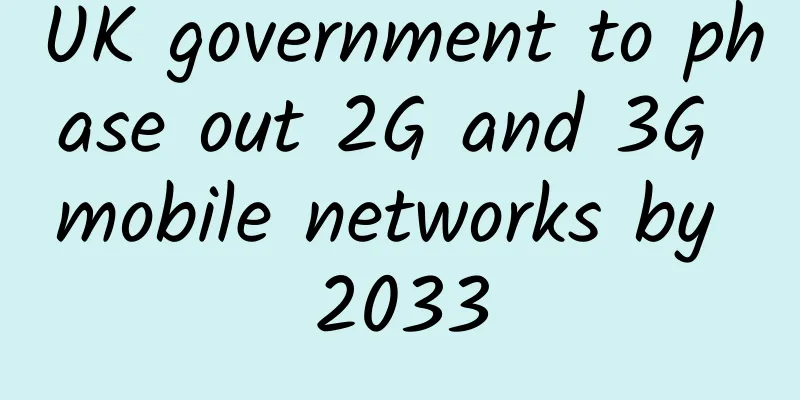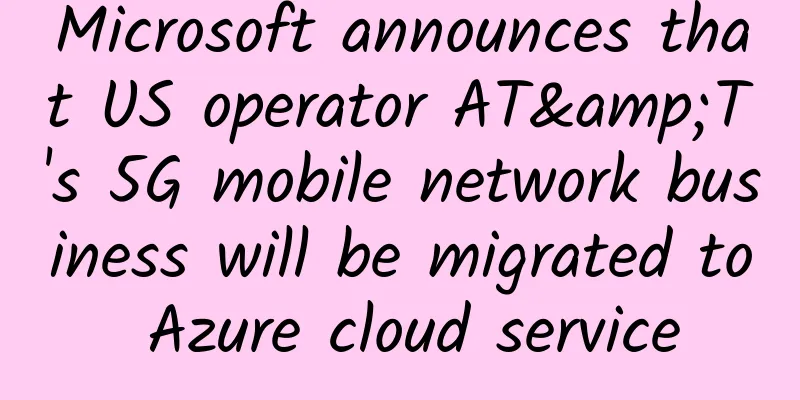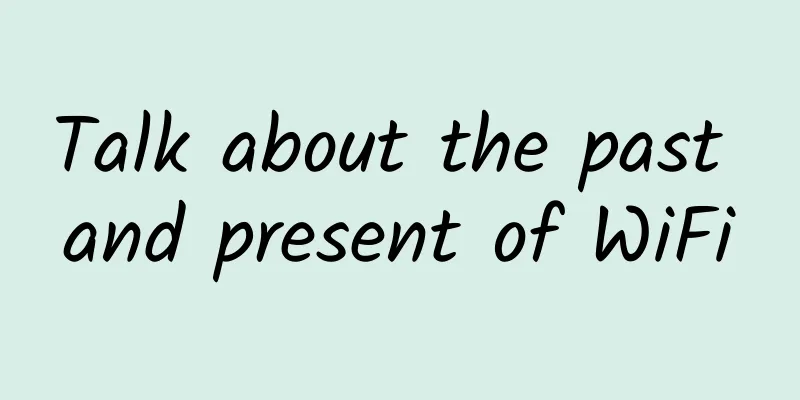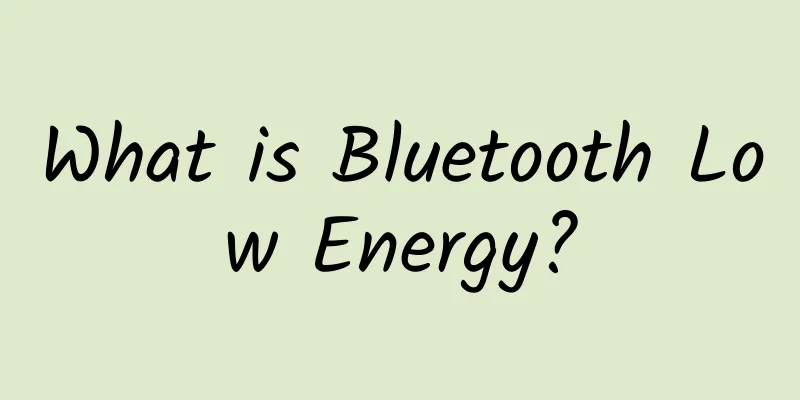UK government to phase out 2G and 3G mobile networks by 2033

|
Britain said on the 8th that it will gradually phase out 2G and 3G mobile networks by 2033, freeing up radio waves for 5G and eventually 6G services to power technologies such as driverless cars, drones and virtual reality.
The government said all four UK broadcasters - EE (BT.L), Vodafone (VOD.L), O2 (TEF.MC) and Three (0215.HK) - had agreed to the timetable. The government said setting end dates for 2G and 3G services would make it easier for new equipment makers to enter the market because they would not have to support legacy technology. Huawei is backing the development of open radio access networks (RAN) technology as it looks to end its reliance on a handful of suppliers after China’s Huawei was banned from new networks last year. Nadine Dorries, the Digital Secretary General who is visiting the United States, announced on the 8th that an additional £50 million (US$66.2 million) will be provided for the Open RAN project. |
<<: Can IPFS become the next generation Internet protocol?
>>: The three major operators are accelerating their computing power
Recommend
Ma Zai Comics: How to "wave four times" to your girlfriend
[[357361]] This article is reprinted from the WeC...
Understanding Lossless Networks in One Article
According to OpenAI's data analysis, the amou...
State Council: Promote broadband "speed increase and fee reduction" to improve people's "sense of gain"
The State Council Executive Meeting reviewed and ...
What stage have 5G, autonomous driving, and artificial intelligence reached? One picture can tell you
On August 29, Gartner, the world's most autho...
5G CPE replaces fiber-to-the-home, and demand is booming in Europe, America and rural areas
2019 is known as the first year of 5G. In fact, s...
An article explains the principles of Docker network
Overview Docker native network is based on Linux ...
Ten pictures and five questions to help you thoroughly understand Kafka architecture tuning
1 Do you know how Kafka's ultra-high concurre...
Does eSIM have a big impact on mobile network operators?
The number of cellular Internet of Things (IoT) c...
The bitterness and helplessness of the three major operators due to repeated delays in 5G packages
In June, the three major operators who obtained 5...
What is the value of developing smart education? 5G and AI play a key role
As the domestic prevention and control situation ...
I experienced 5G network on Beijing Line 16 for a while and used up 7GB of data
What is 5G? Do I need to change my SIM card? Can ...
RAKsmart: High-security servers from $79/month, cluster servers from $142/month, data centers in the United States/Japan/Korea, etc.
Earlier this month, we shared information about R...
my country's 5G construction and development have achieved remarkable results, and the 6G layout is about to start
At present, 5G, as a global emerging strategic in...
The 5G era is unlikely to change the market structure of operators
The three major domestic operators have all annou...
Addressing IoT and edge computing security challenges
Edge computing provides computing, storage, and n...


![[Black Friday] Hostons: 25% off VPS/VDS starting from $12/year, free double hard disk + double monthly traffic @10Gbps, multiple data centers in Los Angeles/Salt Lake City, etc.](/upload/images/67cabcfc5d86b.webp)





![[11.11] Hostons: AMD Ryzen+NVMe series VPS 50% off starting at $2/month, multiple data centers in Los Angeles/Salt Lake City/Portland, etc.](/upload/images/67cabd0fb889e.webp)
